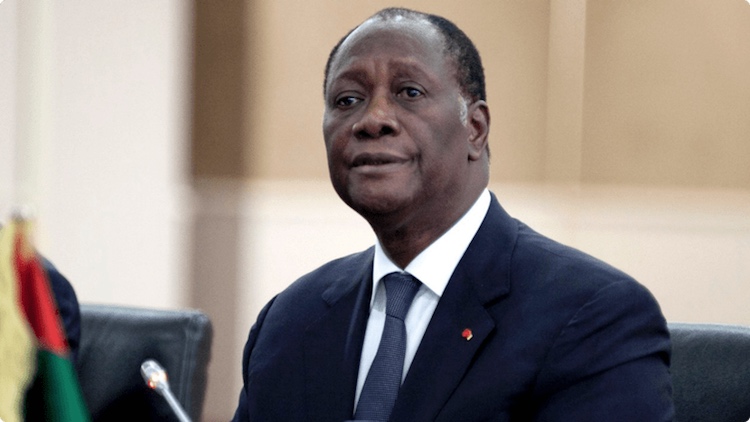By Lisa Vives, Global Information Network
NEW YOK (IDN) – In a recent interview with a French magazine, Ivory Coast President Alassane Ouattara revealed his vision of two more terms in office despite having repeatedly said he would step down at the end of his second term in 2020.
The news throws cold water on the plans of the opposition and even members of Ouattara’s own coalition who had been lining up to run for the powerful job.
But it’s hardly a surprising move in Africa, which is home to many of the world’s longest-ruling heads of state. A phenomenon which had its start under colonialism has taken a life of its own. The trend of entrenched leadership can be seen across the continent, feeding corruption, instability, societal fractures and economic stagnation.
Should the President throw his hat in the ring for two more terms, he would be joining the list of leaders in Rwanda, the Congo, Equatorial Guinea, the Cameroon, among others which have bent the rules to keep their jobs.
“The new constitution authorizes me to serve two terms starting in 2020,” Ouattara, 76, told Jeune Afrique. “I will only make a definitive decision (in that year), based on the situation in Ivory Coast. Stability and peace come before all else, including my principles,” he said.
Ouattara and his supporters say that under changes to the constitution in 2016, of which he himself was the architect, the starting point for presidential terms is now zero – that his two election victories in 2010 and 2015 do not count.
This interpretation is contested not only by the opposition but also internationally, although some commentators see it as a tactic by Ouattara to tamp down quarrels within his party over his succession.
In a communique, a large opposition coalition, Together for Democracy and Sovereignty (EDS), blasted his statement as “pure provocation of the Ivorian people.”
EDS chairman Georges Armand Ouegnin declared: “The idea of a third term, as the current head of state knows, is anti-constitutional, unacceptable and unattainable.”
EDS is a coalition that gathers civil society groups as well as the Ivorian People’s Party (FPI), the party of former president Laurent Gbagbo.
Gbagbo refused to step down in 2010 after losing the election to Ouattara. He was forced out after violence between supporters of the two rivals that claimed several thousand lives, and is now on trial in The Hague for war crimes.
Constitutional changes that critics say are designed to let presidential incumbents retain power have been unfolding or are under discussion in a range of African countries, including Burundi, Chad, the Comoros and Togo.
Presidential elections in Ivory Coast, the world’s biggest cocoa grower, have often fueled tension since the death of the first post-independence ruler Felix Houphouet-Boigny in 1993 and two out of four votes have turned violent.
Ouattara has a mixed record as leader of the West African nation touted for a “phenomenal growth rate of 8.5% in 2016 and 8.3% in 2017.” The only problem is, notes the French Agency for Development, is that this growth is not inclusive. Its benefits are slow in changing the daily lives of a majority of the population, despite the growth of middle classes.” [IDN-InDepthNews – 5 June 2018]
Photo: Ivory Coast President Alassane Ouattara. Credit: Togo Tribune.
IDN is flagship agency of the International Press Syndicate.
facebook.com/IDN.GoingDeeper – twitter.com/InDepthNews

